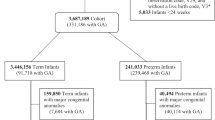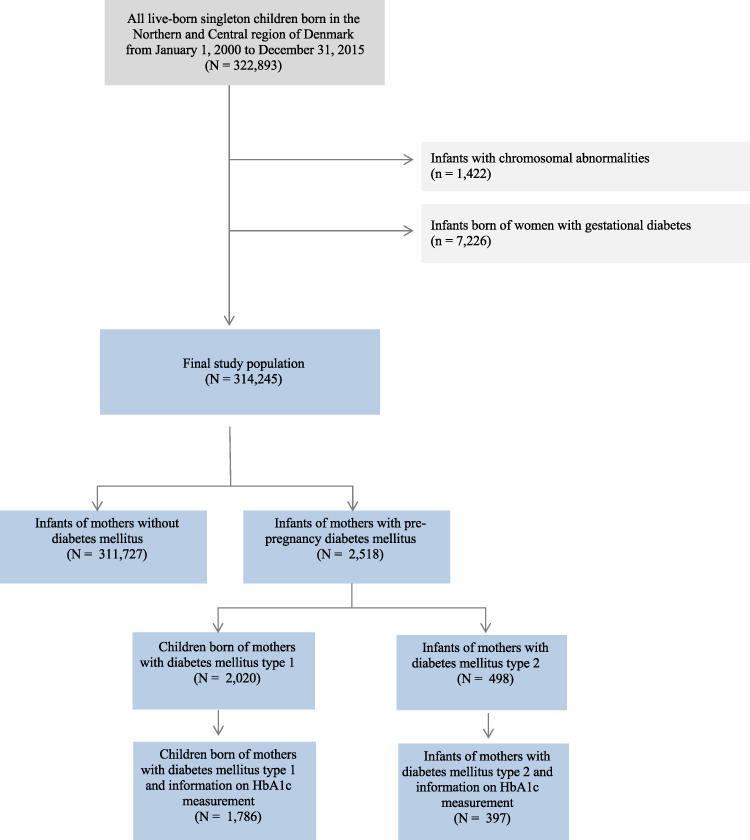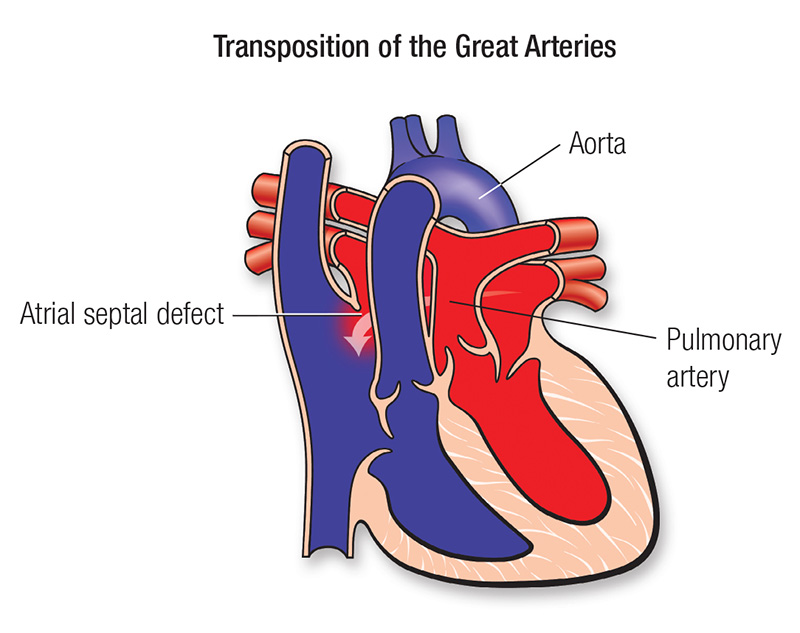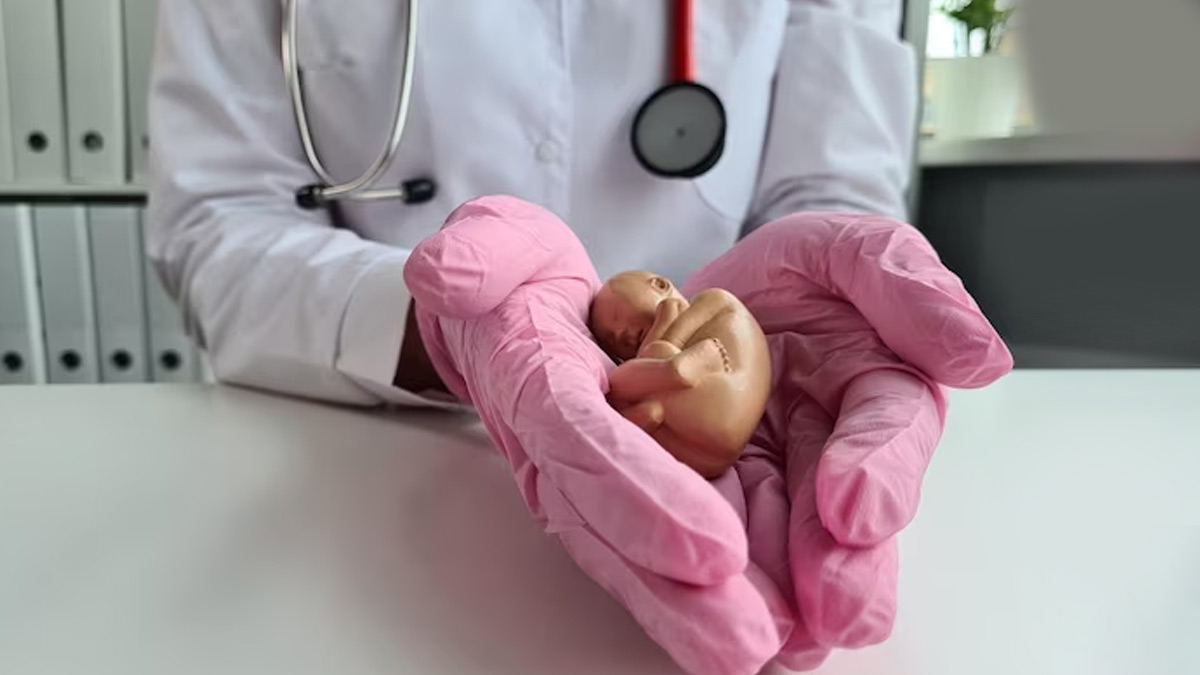Diabetic medications and major congenital malformations
$ 23.00 · 4.7 (324) · In stock

ABSTRACT The global prevalence of type 2 diabetes mellitus (T2DM) is increasing. T2DM is more common in patients with psychiatric disorders and those who take certain psychotropic drugs. T2DM occurs in 2%–7% of women of reproductive age. The prevalence of pregestational diabetes is 0.5%–2.4%, and that of gestational diabetes is 7%–28%, depending on geographical region. About 20%–50% of pregnancies, across the world, are unplanned; this figure is higher, at about 65%, in women with psychiatric disorders. As a result, many women of reproductive age who have diabetes, including women who do not know that they have diabetes, may unintentionally become pregnant, thus unknowingly exposing their pregnancy to diabetes and its treatment. Exposure of pregnancy to pregestational and gestational diabetes is associated with risks to the mother as well as risks to the child. Risks to the mother include obesity, hypertension, and preeclampsia. Risks to the child include spontaneous abortion, fetal death, macrosomia, major congenital malformations (MCMs), preterm delivery, neonatal hypoglycemia, neonatal hyperbilirubinemia, and neonatal respiratory distress syndrome. A recent large retrospective cohort study with data from 6 countries in Europe, Asia, and North America found that, in about 51,000 women with pregestational T2DM, neither MCMs nor cardiac malformations were more prevalent in offspring of children periconceptionally exposed to second-line antidiabetic treatments relative to exposure to insulin. These findings are reassuring but have limitations that are discussed. A reasonable conclusion from a reading of the reviewed literature is that pregestational and gestational diabetes are best treated during pregnancy, that insulin is a first-line treatment, that metformin is an increasingly accepted alternative, and that safety data on second-line antidiabetic treatments are, so far, reassuring. J Clin Psychiatry 2024;85(1):24f15318 Author affiliations appear at the end of this article

Diabetes Medications American Heart Association

Women Turn to Drugs Like Ozempic for Weight Loss Before Pregnancy

Elevated Proinflammatory Markers in 22q11.2 Deletion Syndrome Are Associated With Psychosis and Cognitive Deficits

Infant of a diabetic mother

Prevalence, predictors, and outcomes of major congenital anomalies: A population-based register study

First- and Second-Generation Antipsychotics for Bipolar Disorder

Hypotensive agents, beta-blockers, and drug-induced lupus.

Lithium Use, but Not Valproate Use, Is Associated With a Higher Risk of Chronic Kidney Disease in Older Adults With Mental Illness

Pregnancies Complicated by Pre-Existing Diabetes Mellitus

Two-dimensional and four-dimensional ultrasound in the diagnosis

Assessing Response to Treatment and Recognizing Residual Depressive Symptoms

PDF) Maternal alcohol consumption and risk of offspring with congenital malformation: the Japan Environment and Children's Study

d-Transposition of the Great Arteries

Stress and Inflammation Reduce Brain-Derived Neurotrophic Factor Expression in First-Episode Psychosis: A Pathway to Smaller Hippocampal Volume

images./imported/images/2023/June/